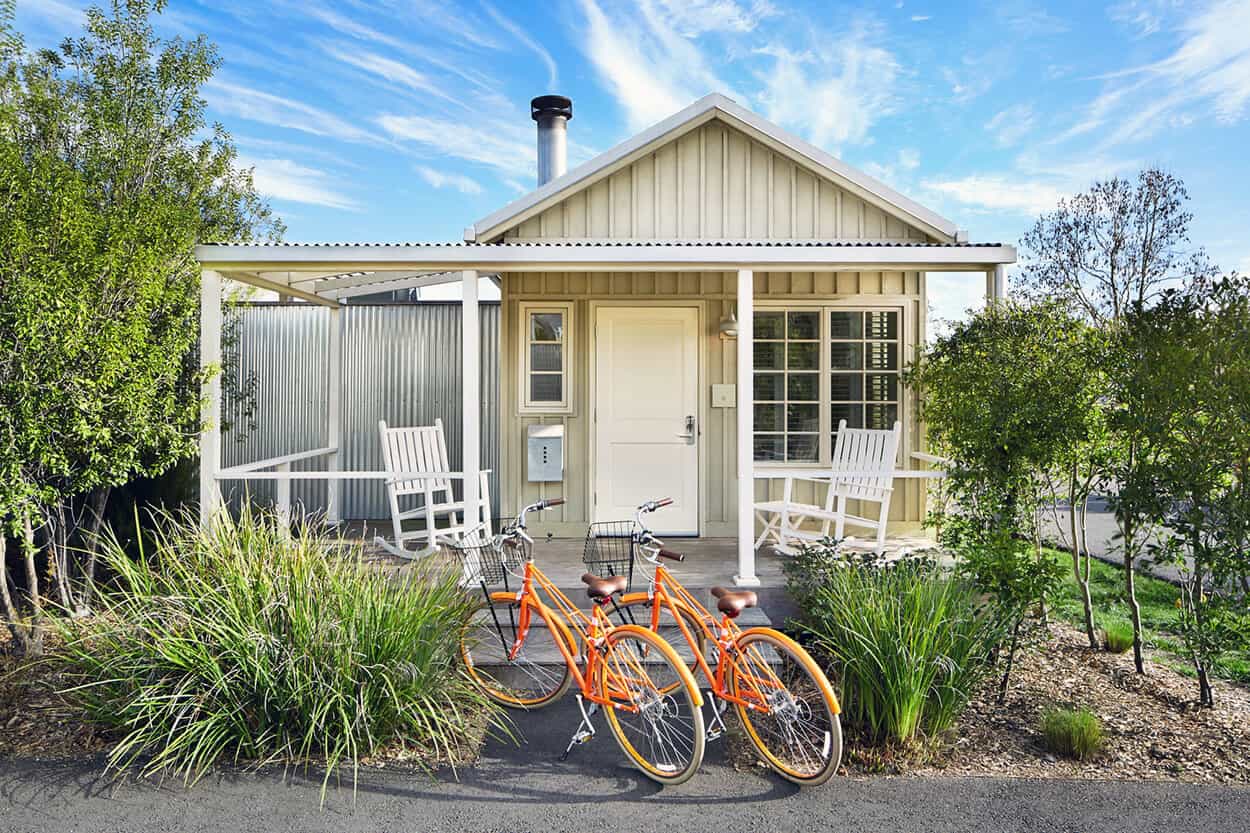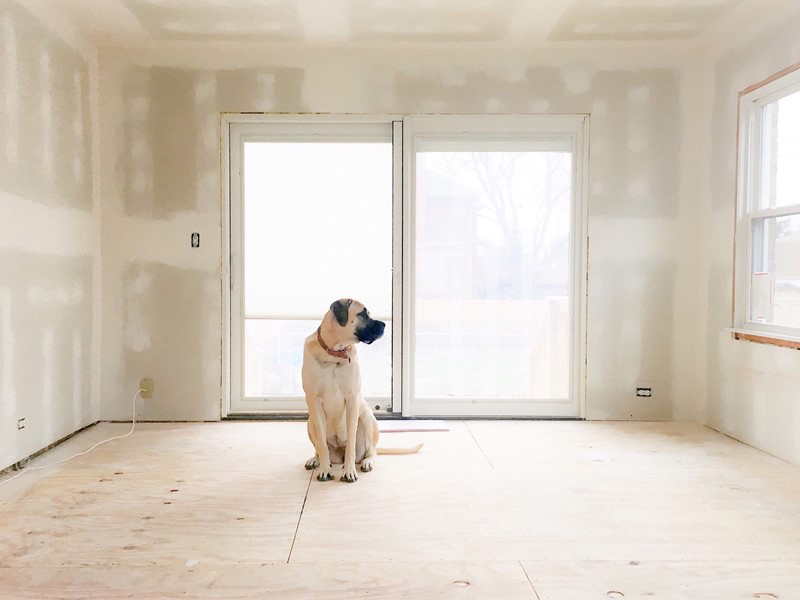The hidden price of building or buying a home
April 24th 2024 | Categories: Home Loans & Leveraging Equity |

What’s the real cost of buying a home? From government fees to upfront costs, here’s the ultimate guide for first-home buyers to know when purchasing or building a home.
Homeownership is an exciting but notoriously expensive journey. Beyond saving your initial deposit (congratulations!) and the property purchase price, there’s a myriad of hidden costs that can catch even the most prepared buyers off guard. To help you avoid a costly surprise, we’ve compiled a list of expenses to expect from the pre-purchase period through settling into and enjoying your new abode.
Before Buying or Building:
Stamp Duty: This cost can range from thousands to tens of thousands of dollars. You’ll pay depending on your location, your specific situation, what concessions are available for you, and the value of the property.
Legal Fees: Engage a solicitor or conveyancer to handle legal matters and walk you through the terms and conditions within your contract. You can expect to pay anywhere from $1,500 to $3,000, but ultimately, you’re paying for peace of mind.
Building and Pest Inspections: Essential for identifying any hidden issues your new home may be hiding, these inspections come with their own fees. Shop around for a quote but you can expect to pay from $300 to $600 each, this can also vary based on the size and location of the property.
Mortgage registration fees and charges: Application fees can range from $500 to $1,000, and ongoing charges such as account-keeping fees and valuation fees should also be considered.
Title Insurance: While not mandatory, title insurance can provide peace of mind by protecting against title-related issues. This will cost you roughly $300 to $500 but can vary based on the insurer and the property’s value.
Explore our Knowledge Centre below for more insights.
During the Purchase Process:
Utility Connection Costs: Setting up the bare necessities of home utilities such as electricity, gas, water, and internet often involves connection fees. Shop around to compare quotes from different providers, to ensure you’re getting a deal that suits your property. This could easily range from $200 to $500 or more, with ongoing costs for each utility.
Home and Contents Insurance: You should account for premiums for both home and contents insurance. Buyers should secure an insurance policy from the time the seller signs the contract for peace of mind. Insurance premiums vary depending on factors such as location, property value, and coverage level. The cost can range from $800 to $2,000 per year.
Council Rates and Strata Fees: Council rates can vary greatly depending on the local council and property value, while strata fees (if applicable) depend on the property type and amenities provided. Budgeting a few thousand dollars per year for both would be wise.
Property Taxes and Levies: Land tax and special levies can vary significantly depending on the state or territory and the property value. It’s advisable to check with local authorities for precise figures.

Post-Purchase and Moving In:
Moving Costs: For those game enough, this is a cost that can always be saved by moving yourself. Hiring a removalist could range anywhere from $500 to $2,000 or more, depending on the distance and volume of belongings.
Renovation and Repair Costs: Purchasing an older property of a fixer-up? A good rule of thumb is to set aside at least 1%- 2% of the property’s value per year for maintenance and ongoing repairs.
Landscaping and Maintenance: Any homeowner will tell you that you’ll spend more time in your local Bunnings than you expect. Your landscaping costs vary greatly depending on the scope of work or your green thumb skill. A few thousand dollars for initial landscaping and ongoing maintenance is sensible, especially if you’re looking to increase your curbside appeal.
Furniture and Appliances: You could say the same above goes for IKEA. Costs can quickly stack up based on your individual interior design preferences and the size of your home. For a more sustainable and cost-effective option, head to secondhand stores or Facebook Marketplace to hunt for furnishing and appliance bargains.
Opportunity Cost: This is subjective and depends on your individual investment goals and strategies. Consider consulting a financial adviser to assess the opportunity cost accurately.
A good mortgage broker or lending team is worth its weight in gold. Having experts to support you during the home-buying process can make a big difference by providing valuable market insights and helping you avoid unexpected costs. With their help, you can enjoy your new home without worrying.
Our lending team is ready to help you at any point in your homeownership journey. Talk to a lending expert today, by getting in contact via the form below.
Coming off a fixed rate period or looking to improve your variable interest rate? Begin your refinance journey by comparing home loan rates from over 60 lenders with our mortgage health check, here.
Please note that these figures are estimates, given with the intention of providing you a general idea. The actual costs will depend on your location, property type, market conditions, and personal preferences. Research specific costs in your area for more accurate estimations is advisable.
You may also be interested in our articles:
- Buying shares vs investing more into your super
- Has the Australian dream of home ownership become a nightmare?
- Shares vs Property: What do I invest in?
- 5 Hacks to get you into your first home faster
Talk to one of our advisers to learn more.
Want a Complimentary Consultation?
Fill in the form for a complimentary consultation with a Financial Adviser and start living your best possible life.
What you need to know: This information is provided by Invest Blue Pty Ltd. (ABN 91 100 874 744). The information contained in this article is of general nature only and does not take into account the objectives, financial situation or needs of any particular person. Therefore, before making any decision, you should consider the appropriateness of the advice regarding those matters and seek personal financial, tax and/or legal advice before acting on this information. Read our Financial Services Guide for information about our services, including the fees and other benefits that AMP companies and their representatives may receive in relation to products and services provided to you.
Posted in Home Loans & Leveraging Equity
